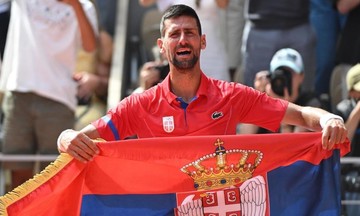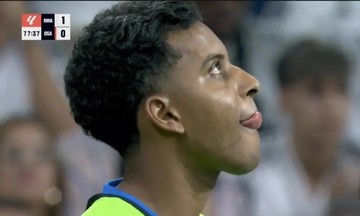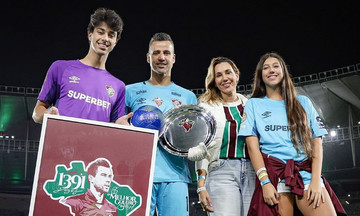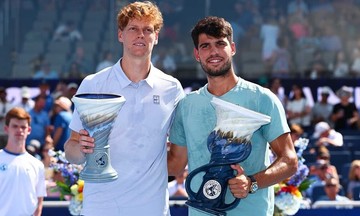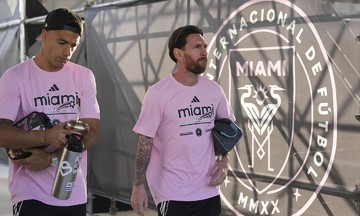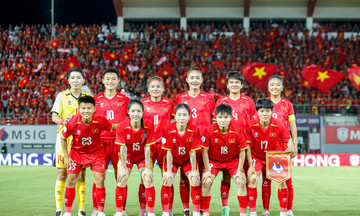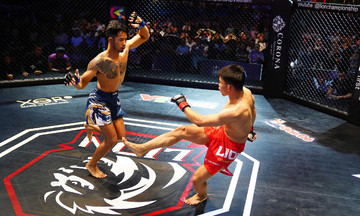On 12/8, during the 2025 FIVB Volleyball Women's U21 World Championship in Indonesia, the FIVB unexpectedly declared a Vietnamese player ineligible to compete. This resulted in Vietnam forfeiting four matches in which the player participated, with 0-3 losses, and being relegated to the 17th-24th place classification round instead of advancing to the round of 16.
The incident sparked considerable controversy, particularly in Southeast Asia. Hui Ruoqi also expressed her concern in a post on the Chinese social media platform Weibo.
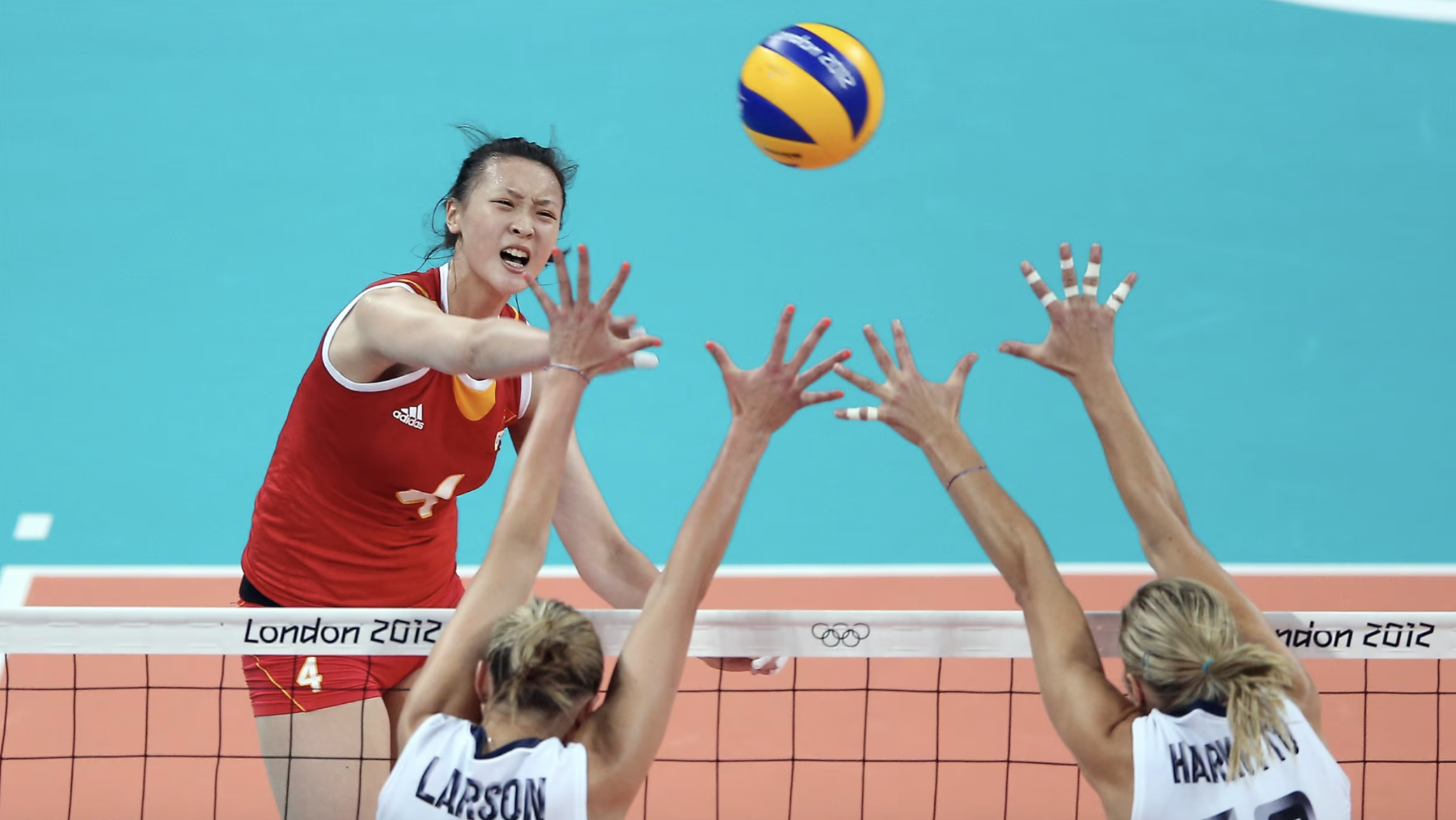 |
Hui Ruoqi (red jersey) playing for the Chinese women's volleyball team at the 2012 London Olympics. Photo: Olympic |
Hui Ruoqi (red jersey) playing for the Chinese women's volleyball team at the 2012 London Olympics. Photo: Olympic
"This incident reminds me of my first time working in a technical role at these tournaments," Ruoqi wrote. "When checking documents, I wondered how to accurately verify the records of the athletes participating in the tournament."
The FIVB's tournament regulations stipulate that teams only need to submit birth certificates to verify player eligibility. However, Ruoqi believes this is no longer sufficient. "Many people have suggested following the example of track and field by conducting genetic testing before the tournament to ensure fairness," the former player, born in 1991, stated.
This measure was officially adopted by World Athletics on 1/9/2025. The test allows for the identification of the presence of the male Y chromosome.
This method was used in the 1992 and 1996 Olympics. The International Olympic Committee (IOC) later discontinued it because the test did not definitively determine gender and led to discrimination against women with differences of sex development. However, World Athletics assures that this test is highly accurate, with an extremely low risk of false negatives or positives.
Athletes have the right to appeal the results to the Court of Arbitration for Sport (CAS). Those who refuse will be banned from competing in ranked events but can participate in unranked events.
Despite this, Hui Ruoqi understands that this test is not the perfect solution. She also raises ethical considerations and the need to protect female athletes under scrutiny.
"Gender issues and eligibility requirements will become major challenges in sports ethics and social impact," Ruoqi stated. "How to scientifically determine and reasonably arrange regulations while respecting athletes, but also maintaining fairness for the tournament is a major topic in sports in the modern era."
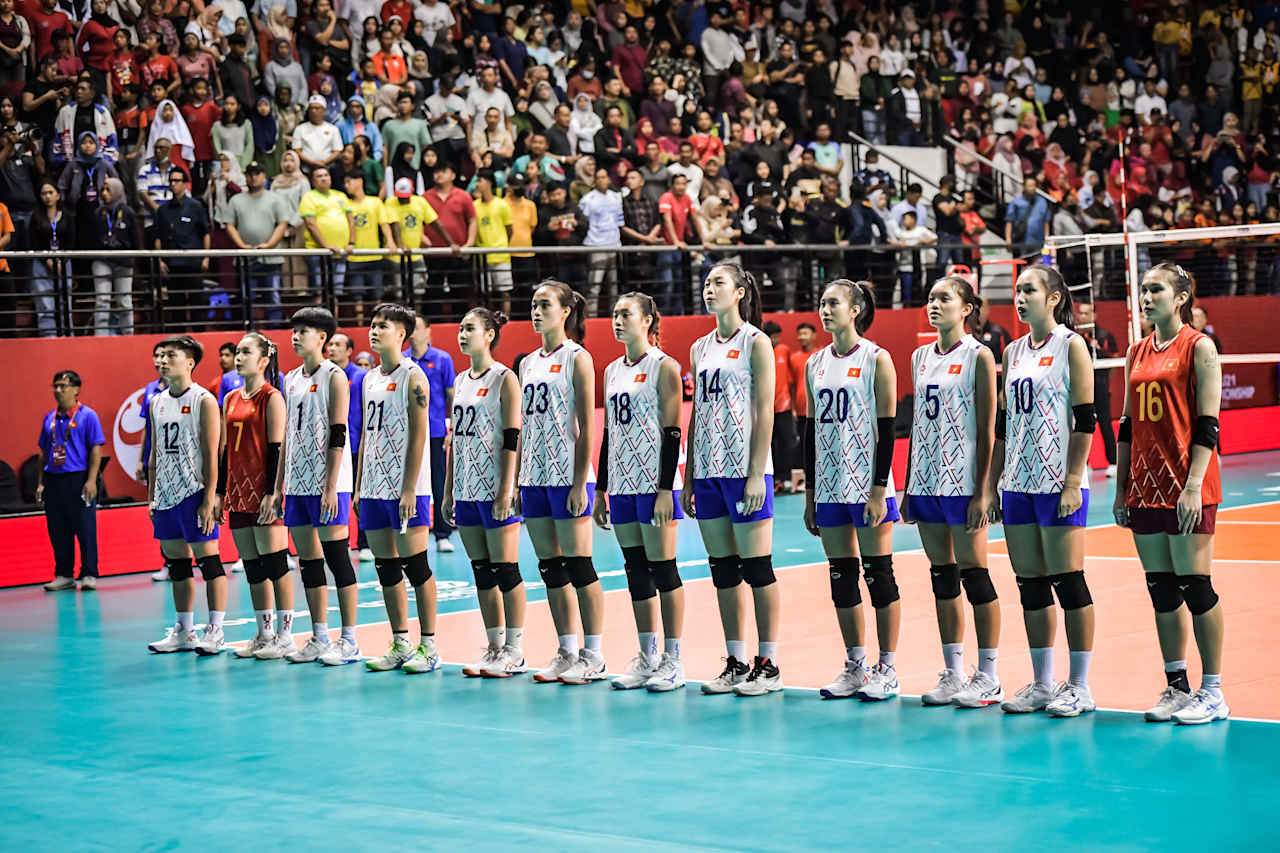 |
The Vietnam team at the 2025 FIVB Volleyball Women's U21 World Championship. Photo: Volleyball World |
The Vietnam team at the 2025 FIVB Volleyball Women's U21 World Championship. Photo: Volleyball World
Hui Ruoqi is a renowned opposite hitter and the 15th captain of the Chinese women's volleyball team, winning an Olympic gold medal in 2016. In 2018, she retired at the age of 27 and transitioned to management roles, including working at FIVB tournaments.
Meanwhile, Thai women's national team coach Kiattipong believes that gender issues have been present for 20 years. Cases of men competing in women's sports have occurred. Each team has the right to make its own decisions, but the FIVB also has its own perspective and regulations.
"I hope all athletes have a strong spirit and compete for transparent sports," coach Kiattipong told Thairath. "Each country needs to manage and prepare well for their team and athletes. How they handle the situation is up to them."
The Vietnam U21 incident is still being processed. The Vietnam Volleyball Federation (VFV) must submit an appeal within 14 days of the penalty decision on 12/8.
Trung Thu



